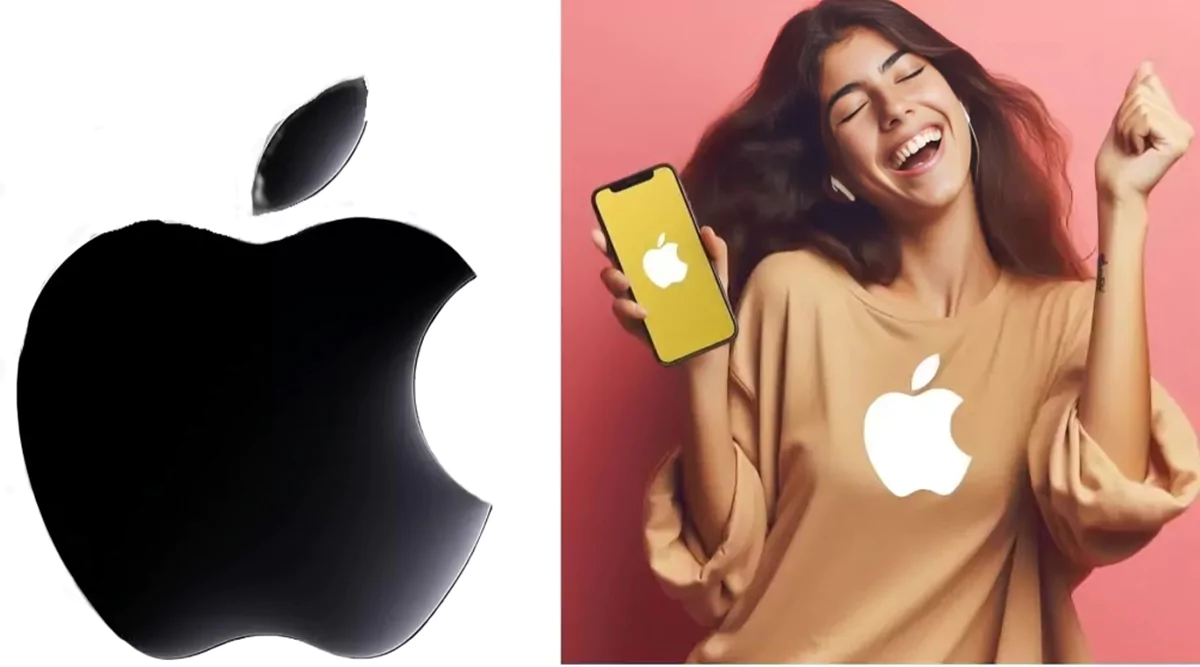In a significant shift, Apple announced it will finally allow retro game emulators on the App Store globally.
Why Were Game Emulators Banned on iOS?
Retro game emulators are software that allows users to play classic video games from older consoles and systems on modern devices like PCs, smartphones, and tablets.
Popular examples include the recently banned Yuzu and Suyu emulators for the Nintendo games.
Historically, Apple had banned these from the App Store over piracy concerns, as some emulators enabled downloading pirated game ROMs.
However, this hard stance denied iOS users legal ways to revisit beloved retro games they already owned.
Many turned to jailbreaking or web workarounds, while Android remained open to approved emulators.
Apple’s New Policy:
Emulators Allowed, With Caveats
Under the updated App Store rules, Apple will now accept game emulator apps that comply with “all applicable laws.”
This likely means approving only those emulators that don’t enable piracy of copyrighted games.
The change could open the door for popular Android emulators like RetroArch to bring their legal retro gaming offerings to iPhone and iPad.
Mini Games Within Super Apps Must Embrace Modern Tech
The policy updates also shed light on how Apple plans to handle “super apps” like WeChat on iOS.
Super apps have emerged as hugely popular all-in-one mobile gateways, especially in Asia, offering a range of services like messaging, payments, ride-hailing, and gaming through a single platform.
Apple has now clarified that while super apps are allowed on the App Store, any mini-games or mini-apps within them must use web technologies like HTML5 rather than being native apps.
This move preserves Apple’s control over the distribution of native apps and games on iOS devices.
Regulatory Pressure Is the Driving Force
Apple’s policy shift comes amid increasing regulatory pressure, particularly from the European Union’s antitrust rulings against its restrictive App Store policies.
Last year, the EU ruled that Apple must allow third-party app stores and alternative payment systems.
Additionally, Apple is also facing antitrust lawsuits from the US government over allegedly suppressing cloud game streaming apps and super apps like WeChat.
By allowing emulators, Apple appears to be making concessions to ease legal tensions.
A New Era for iOS Retro Gaming and App Ecosystems?
Apple’s move has been celebrated by retro gaming fans long frustrated by the App Store’s restrictions.
If implemented properly, it could finally bring a wealth of classic games legally to iOS.
However, Apple continues its controversial 30% commission on in-app purchases made App Store, drawing criticism from the industry.
As regulatory battles continue, Apple’s careful policy changes suggest it’s adapting its rigid app ecosystem to comply with antitrust rulings while protecting its revenue streams.
Source: The Verge
Discover more from Gaming Foodle
Subscribe to get the latest posts sent to your email.

